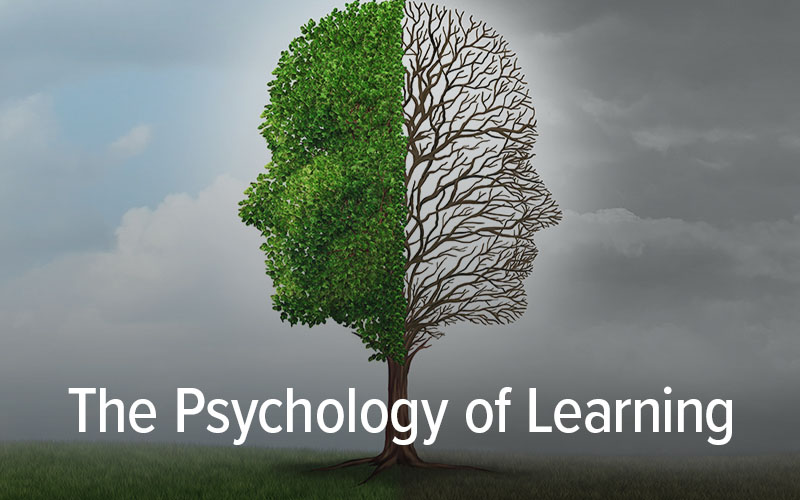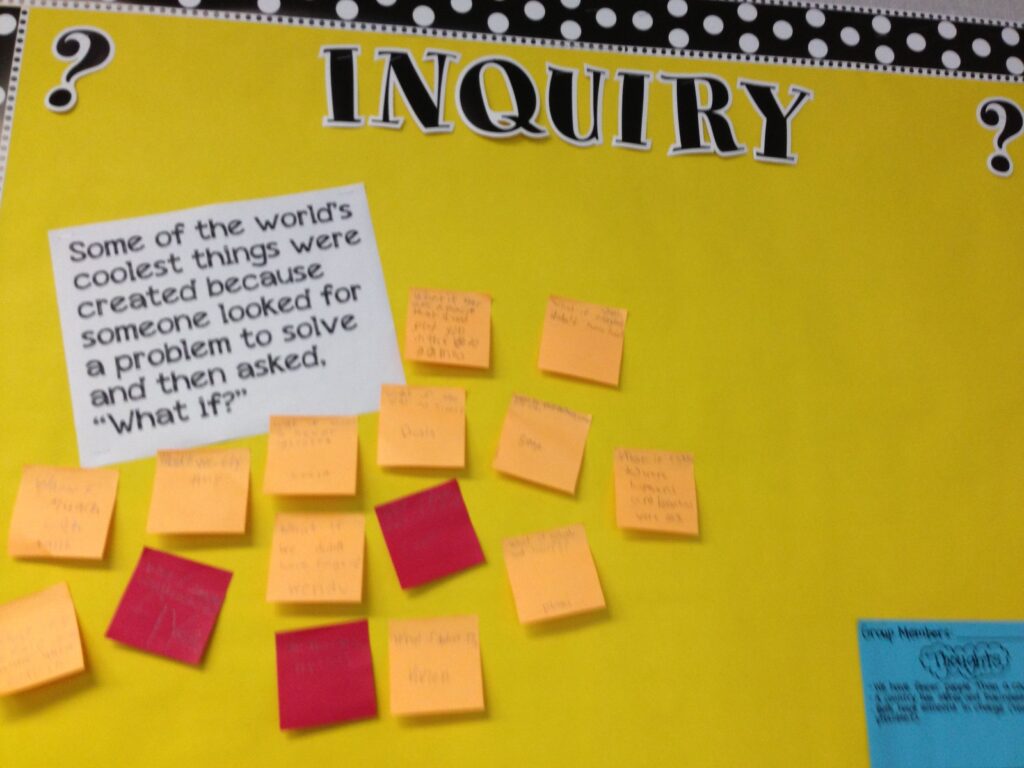While this was not the first course I took in this program, I consider EP600: The Psychology of Learning to be the Educational Psychology and Technology program’s introductory course. This promises to be an exciting journey, and the course specifics are as follows.
Official Course Description
This course examines the theory of human learning with an emphasis on behavioral, cognitive, and technological models. The course also includes a focus on constructivist theory and learner types.
Institutional Learning Competencies and Outcomes
Institutional Learning Outcome Addressed
Scholarship
Graduates will be able to integrate scientific research and theory, as broadly defined, to enhance their scholarly and professional endeavors.
- Theory: Formulate theory-based and research-driven strategies for incorporating current technology with what is known about the psychology of learning, teaching, and instructional design.
- PLO 7: T1: Analyze the potential for technology to enhance learning environments using theories of educational psychology. (Signature Assignment)
By the end of this course, students will be able to…
- CLO 4: Classify different learning theories within the context of their historical origins and their subsequent development. (Aligns with PLO 7)
- MLO 14: Interpret the connection between the variety of learning theories.
- MLO 15: Demonstrate the strengths and limitations of behaviorism.
- MLO 16: Describe Bandura’s social cognitive theory.
- MLO 17: Explain collaborativism as a learning theory.
- MLO 18: Describe a specific learning theory in detail for a specific audience.
- PLO 8: T3: Examine how innovative technologies can be utilized to support learning and teaching.
By the end of this course, students will be able to…
- CLO 5: Examine the relationship between learning theories and educational technologies. (Aligns with PLO 8)
- MLO 18: Describe a specific learning theory in detail for a specific audience.
- MLO 19: Explain the connection between learning theories and the history of technology.
- MLO 20: Develop an assignment for students based on behaviorism.
- MLO 21: Formulate possibilities for new learning environments based upon evolving technologies.
Diversity
Graduates will respect the value and dignity of individuals and groups across all cultural contexts, and advocate for inclusion and equity. They will demonstrate intercultural competence in domestic and international contexts with people who have ideas, beliefs, worldviews, experiences, and behaviors that are different from their own.
- Social Justice: Analyze issues of human rights and equality and how access to education, wealth, opportunities, and privileges differ within a society.
- PLO 5: SJ1: Demonstrate awareness and implications of biases, prejudices, and assumptions. (Signature Assignment)
- PLO 5: SJ2: Analyze how structural inequities are impacted by historical, social, class, and psychological factors. (Signature Assignment)
By the end of this course, students will be able to…
- CLO 3: Evaluate the possibilities for social justice and social changes in the technological reconfigurations of learning environments. (Aligns with PLO 5 and 6)
- MLO 9: Describe MOOCs as an agent of social change.
- MLO 10: Explain the social implications of collaboratives.
- MLO 11: Identify the biases that multiple intelligence theory counters.
Professional Practice
Graduates will be able to demonstrate attainment in the areas of competency (as reflected in knowledge, skills and attitudes) required by their area of education and training. Examples include evaluation, intervention, consultation, teaching, and supervision.
- Assessment/Program Evaluation: Apply psychological theory and technology to facilitate a variety of effective teaching and learning assessment and evaluation strategies.
- PLO 1: APE1: Plan, design and assess effective learning environments and experiences based on psychological theory.
- Consultation and Education: Act as a proactive agent of change to provide guidance at various levels of an organization to integrate the psychology of teaching and learning with technology.
- PLO 2: C&E1: Plan and design learning environments and experiences by modeling effective learning environments supported by technology.
- Technology and Education: Effectively implement and instruct innovative application of multi-media technologies in learning environments.
- PLO 3: T&E1: Effectively implement multimedia technologies in various learning environments. (Signature Assignment)
By the end of this course, students will be able to…
1. CLO 1: Evaluate specific learning environments and technologies within the context of the learning theories that inform them. (Aligns with PLO 1, 2, & 3)
a. MLO 1: Design an assignment using technology within the context of the SAMRA model.
b. MLO 2: Apply Gagne’s events of instruction to a lesson plan.
c. MLO 3: Analyze articles focused on one constructivist pedagogical approach.
d. MLO 4: Create an assignment based upon constructivism using educational technology.
e. MLO 5: Apply a learning theory to a specific learning and technological environment.
- Interprofessional Education: Implement practices inclusive of pedagogical methods and technological tools that influence cross-disciplinary opportunities for enhancing educational and organizational approaches and procedures.
- PLO 4: IE1: Describe how collaborative learning cultivates multidisciplinary skills. (Signature Assignment)
By the end of this course, students will be able to…
- CLO 2: Recognize the pedagogical purposes of collaboration within a variety of learning theories. (Aligns with PLO 4)
- MLO 6: Design a collaborative online assignment defined by constructivism.
- MLO 7: Describe the practice of collaboratives.
- MLO 8: Describe the type of collaboration that a specific learning theory puts into place.



